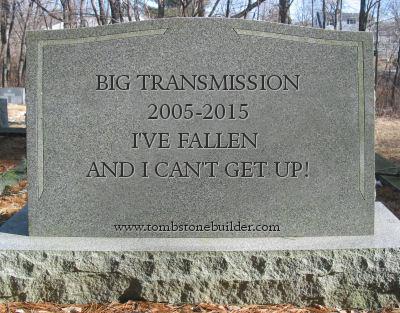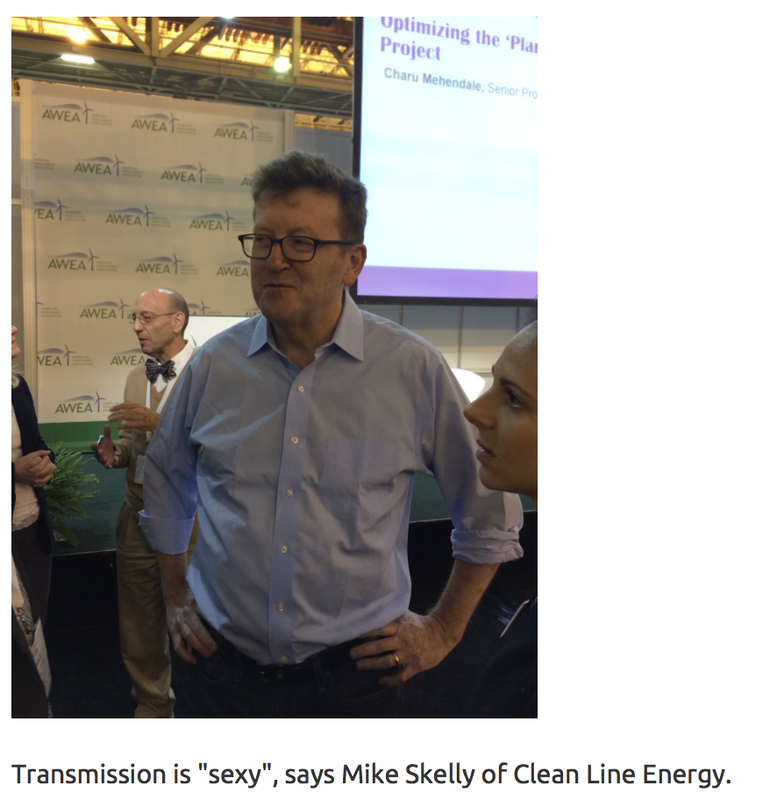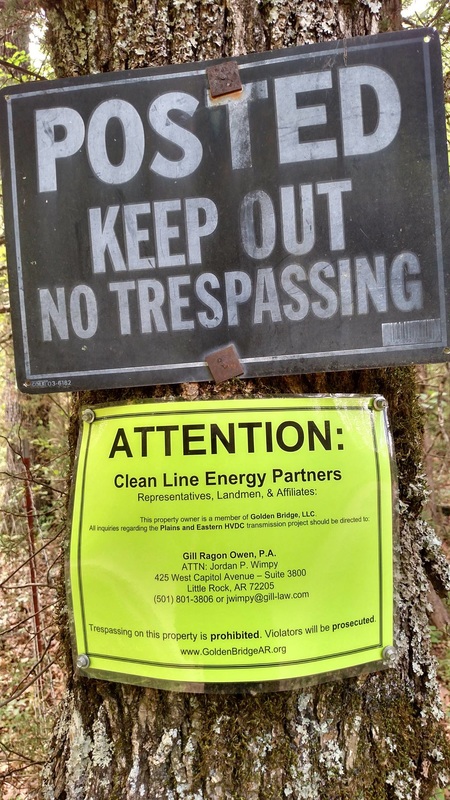Clean Line is "disappointed," reports Arkansas News.
“If a bill like this were to become law, it would kill jobs by creating significant barriers to the many businesses in Arkansas, and other states, that build American infrastructure, as well as raise electric power costs. Denying American consumers access to the lowest-cost clean energy resources is never good policy,” the company said.
There's absolutely no truth to your claim that a failure to build a "Clean" line will raise electric power costs. That's the biggest bunch of poppycock ever! How much more will I pay if Plains & Eastern fails? How about if Plains & Eastern and Grain Belt Express fail? What if Plains & Eastern, Grain Belt Express AND Rock Island Clean Line fail? What if Michael Skelly drowns in his own spit? How much more will I pay?
Clean Line wouldn't know what "good policy" was if it bit them on the rear end. The only thing Clean Line knows is disappointment.
Clean Line also claims:
“The project has received supportive comments from thousands of Americans, including more than 3,000 Arkansans. Over 200 organizations and associations … have embraced the Plains & Eastern Clean Line because it will create jobs, provide low-cost energy, and result in cleaner air,” the company said.
But, you know what? Somehow Arkansas News simply forgot to ask for any opposing views.
Maybe they simply ran out of time. It can't be that Arkansas News believes that the Sierra Club speaks for the public, can it? The only thing more revolting than Clean Line's comment is Glen Hooks' blathering. "Fundamental fairness," Glen? Really? What's fair about working your whole life to achieve the American dream of owning and enjoying property, only to have the rug yanked out from under you when a for-profit enterprise decides they want to use your property for their energy infrastructure project? An energy infrastructure project for which there is no reliability, economic, or public policy need? One premised on simple market speculation? That is fundamentally unfair, Glen. Nobody really cares if anyone is "fair" to a for-profit corporation. Corporations aren't people. Who cares how much investor money Skelly and his buddies have wasted trying to make their business model work? Should ordinary folks just scratching by really care that super rich, silver spoon boys like Michael Zilkha and the Ziff brothers might lose a tiny part of their vast fortunes because it's not "fair" to deprive them of the right to condemn and take property in the name of the Federal government without state approval?
It's not "blatantly unfair" to the economy of the State of Arkansas to make a Texas for-profit owned by a handful of guys richer than Croesus have to negotiate for land rights in an open market without the threat of eminent domain. That is blatantly unfair to the good people of Arkansas, your friends and neighbors. Get your head out of some environmental dream world and take a look around, Glen.
Soooooo..... thanks to Rep. Womack for doing something good for the people of Arkansas. The people that elect him. The folks he serves.
End:Public Tantrum. But mine was much more entertaining, I'm sure.




 RSS Feed
RSS Feed